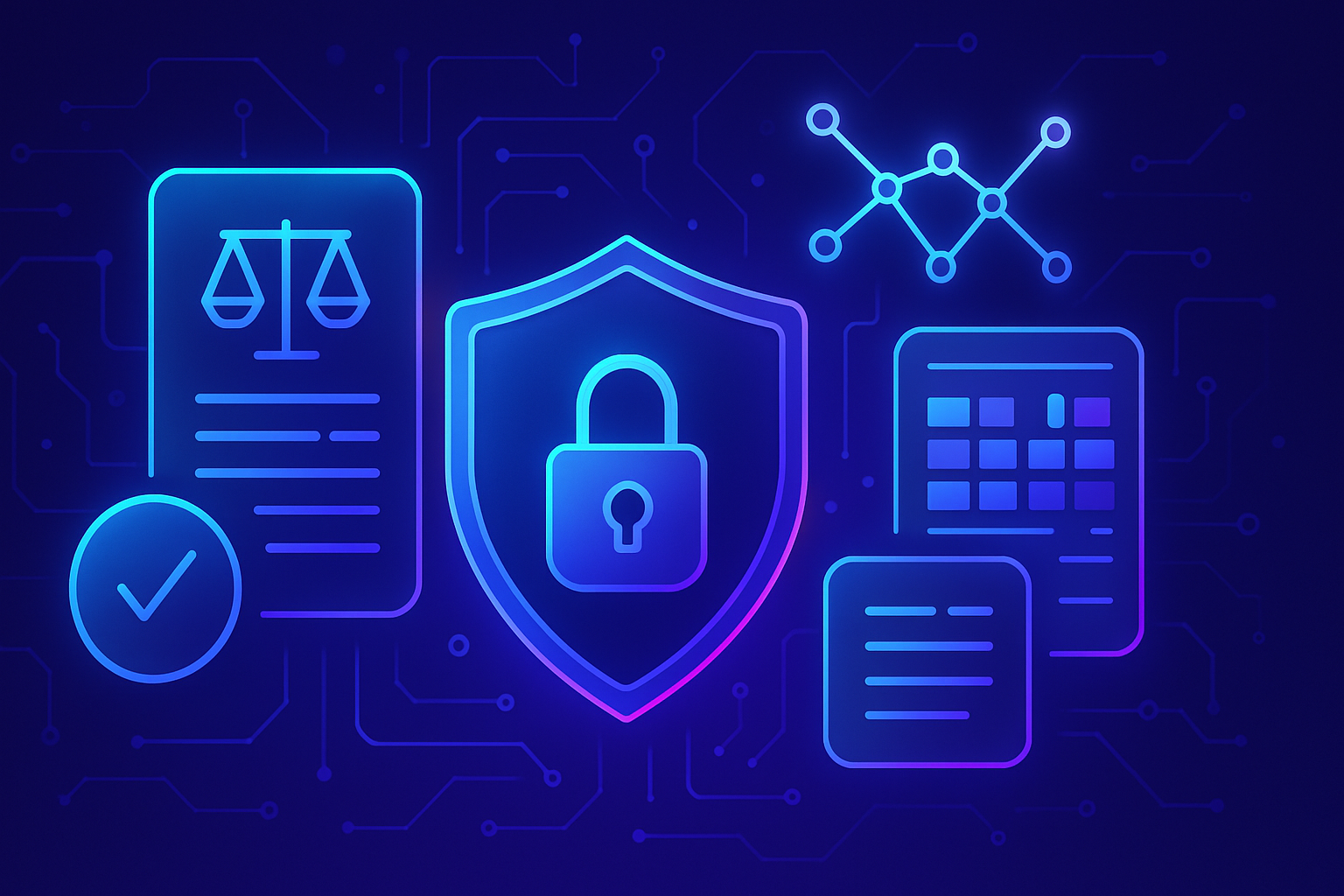The authorization from the CNIL for web scraping stands as a crucial subject at the heart of digital innovations. Every integrator of artificial intelligence must cleverly navigate between regulations and opportunities. The CNIL establishes strict conditions, thus shaping the landscape of personal data processing. Complying with the issued guidelines becomes imperative to ensure the legitimacy of the processing activities. This issue raises fundamental questions about data protection and the responsibilities of actors in the sector. In this way, the framework provided by the CNIL redefines the context of web scraping while ensuring the protection of individual rights.
CNIL Recommendations on Artificial Intelligence
The CNIL has recently published a set of recommendations aimed at regulating the use of artificial intelligence, particularly regarding the processing of personal data. This initiative was established after a broad consultation involving various stakeholders, such as companies, researchers, and associations. The recommendations clarify the obligations of designers and operators of AI regarding data protection.
Key Principles to Respect
The regulatory framework proposed by the CNIL requires AI users to meet certain conditions, in compliance with the General Data Protection Regulation (GDPR). Several key elements must be considered when collecting and processing data:
Define a Clear Purpose
Each artificial intelligence system must be designed around a specific purpose. This helps limit the amount of data processed and ensures that it remains relevant to the intended objective.
Identification of the Roles of Actors
The organizations involved must legally qualify their role in data processing. They may be designated as data controllers, joint controllers, or processors, depending on their level of control over the data.
Appropriate Legal Basis
Every data processing must be based on a legal basis clearly defined by the GDPR. The argument of legitimate interest may be used, provided its necessity is justified by adequate measures.
Verification of the Legality of Data
The data used for training AI systems must have been collected in compliance with the laws governing personal data protection. This includes verifying their origin and the potential existence of legal restrictions.
Limitation of Collected Data
Only the data strictly necessary for the processing purpose should be retained. This requirement is even stricter for sensitive data.
Regulation of Retention Duration
Personal data cannot be retained indefinitely. It is imperative to establish a retention period appropriate to the purpose of the processing and to inform the individuals concerned.
Risk Assessment
A data protection impact assessment (DPIA) is necessary when the processing presents particular risks to the rights of individuals concerned. This process helps identify the protective measures to adopt.
The Framework of Web Scraping
The CNIL has ruled on the use of web scraping in the context of artificial intelligence. Although this practice is allowed, it is subject to strict conditions aimed at protecting individuals’ rights.
Conditions for Using Web Scraping
Actors targeting data through scraping must meet certain requirements. They must primarily:
- Avoid the use of sensitive data,
- Exclude irrelevant content,
- Respect robots.txt files and other opposition signals,
- Focus on sites where personal data is minimal.
Transparency and Security
AI developers must demonstrate transparency by disclosing the data sources used. It is also advisable to implement technical safeguards, such as data anonymization or the use of synthetic data.
A potential risk remains concerning copyright and the terms of use of websites. The CNIL emphasizes that, without a specific legislative framework on web scraping, practices remain tolerated only subject to strict compliance with existing regulations.
Frequently Asked Questions about CNIL Authorization for Web Scraping
What are the main recommendations from the CNIL regarding the use of web scraping?
The CNIL notably recommends defining a clear purpose for data processing, verifying the legality of databases, limiting processed data to strict necessities, and respecting technical opposition signals, such as robots.txt files.
Is web scraping allowed under all circumstances according to the CNIL?
No, web scraping is allowed under strict conditions, such as excluding sensitive data, ensuring transparency about the sources used, and implementing technical safeguards like anonymization.
What legal bases can be invoked to justify web scraping?
The processing may rely on legitimate interest, provided it demonstrates necessity and implements appropriate safeguards to protect the rights of the individuals concerned.
What are the obligations of actors using web scraping within the framework of the GDPR?
Actors must ensure that the collected data complies with the GDPR, limit use to necessary data, and respect the retention period defined by the processing purpose.
What legal risks may arise from web scraping, even if the practice complies with the GDPR?
Risks related to copyright or site usage terms may arise, as some sites may prohibit scraping, which must be considered despite GDPR compliance.
How does the CNIL assess the impact of web scraping on individual rights?
The CNIL advises conducting a data protection impact assessment (DPIA) when the processing presents particular risks to privacy, thereby identifying necessary protective measures.
What precautions should be taken when scraping data from public sources?
It is important to analyze whether the data collection complies with the terms of use, exclude personal data, and ensure transparency about the sources of the information used.






